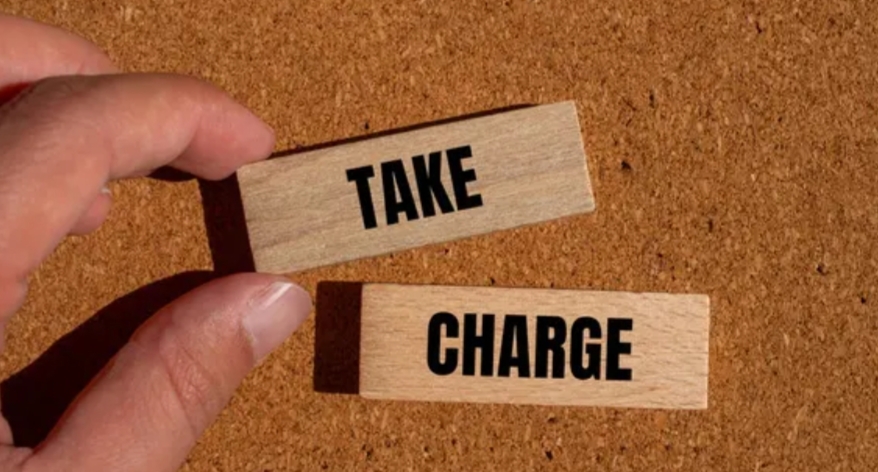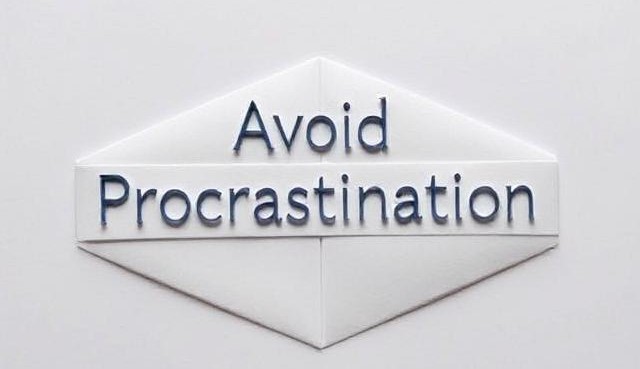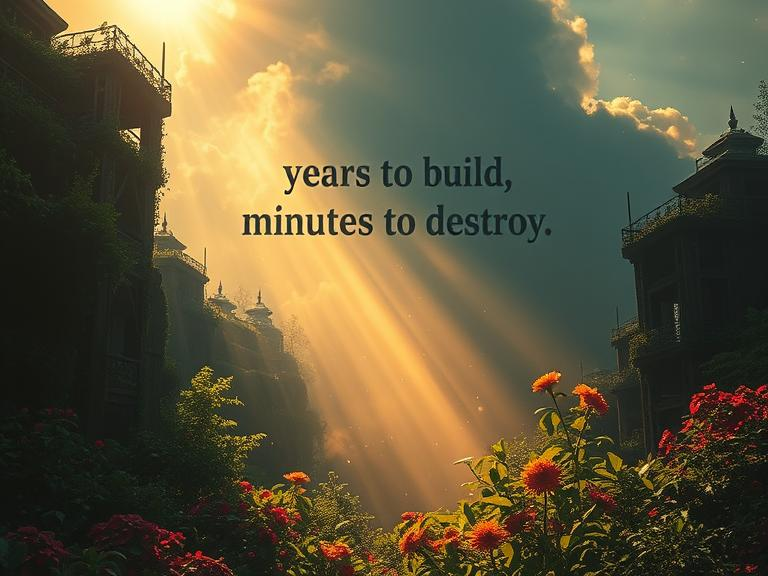
In a world filled with self-help books, motivational speakers, and the tantalizing promise of the law of attraction, it’s easy to fall into the trap of thinking that simply wishing for something is enough to bring it into our lives. The concept of attraction suggests that we can manifest our desires through thoughts and intentions, but the truth is much more nuanced. You only attract when you act.
The Law of Attraction: Myths and Realities
The law of attraction gained immense popularity through various books and films, most notably “The Secret.” This belief system revolves around the idea that our thoughts and feelings can shape our reality. While there is some truth to the notion that a positive mindset can attract positive outcomes, relying solely on thought without corresponding action can lead to disappointment.
Manifesting our dreams is more than visualizing success; it involves taking tangible steps toward our goals. The universe may respond to your intentions, but you must give it something to work with.
The Importance of Action
- Building Momentum: Action creates momentum. When you start taking steps towards your goals, no matter how small, you begin to create a path. This momentum often leads to greater opportunities and unexpected connections, enabling you to attract those who align with your vision.
- Overcoming Fear: Taking action helps to confront and move past fears. It’s easy to linger in a state of indecision, allowing fear to dictate our choices. By acting, we shift our mindset from one of stagnation to one of progress. Each action taken diminishes fear, making it easier to attract what we truly desire.
- Openness to Opportunities: When you actively pursue your goals, you become more aware of the opportunities surrounding you. Action helps you engage with your environment, making you receptive to new ideas, relationships, and experiences that align with your aspirations.
- Creating Value: Action often entails providing value to others—be it through sharing your skills, knowledge, or time. When you act, you contribute to your community and, in turn, attract reciprocal support and collaboration. This cycle of giving and receiving strengthens the network of relationships necessary for growth.
- Establishing Credibility: In many fields, showing up and taking consistent action is key to establishing credibility. This reliability attracts respect and trust, opening doors that mere wishing could never unlock. Whether in business, personal development, or creative endeavors, demonstrating commitment is often more persuasive than words alone.
Practical Steps to Begin Attracting Through Action
- Set Clear Intentions: Start by defining what you want to attract in your life. Be specific about your goals and dreams. Write them down to solidify your intentions.
- Break it Down: Large goals can feel overwhelming. Break them down into smaller, manageable actions. This not only makes the goal more achievable but also allows for regular progress.
- Create a Plan: Develop a plan of action that outlines the steps you need to take in order to reach your goal. Include deadlines and milestones to keep yourself accountable.
- Take the First Step: Action can be as simple as making a phone call, networking, or starting a new project. Identify a small action you can take today and follow through.
- Stay Open-Minded: Be receptive to new experiences and opportunities that arise along the way. Sometimes the path to your goals may need to change, and that’s perfectly okay.
- Reflect and Adjust: Regularly reflect on your progress and be willing to adjust your plan. This will help you stay aligned with your intentions and keep your actions relevant.
“You only attract when you act” serves as a powerful reminder that intention without action is merely a daydream. To create the life you desire, you must engage with your goals actively. By taking consistent, meaningful steps towards your aspirations, you not only enhance your ability to attract what you want, but you also enrich your life with experience, learning, and personal growth. Embrace action, and watch as the universe aligns to support your journey.









